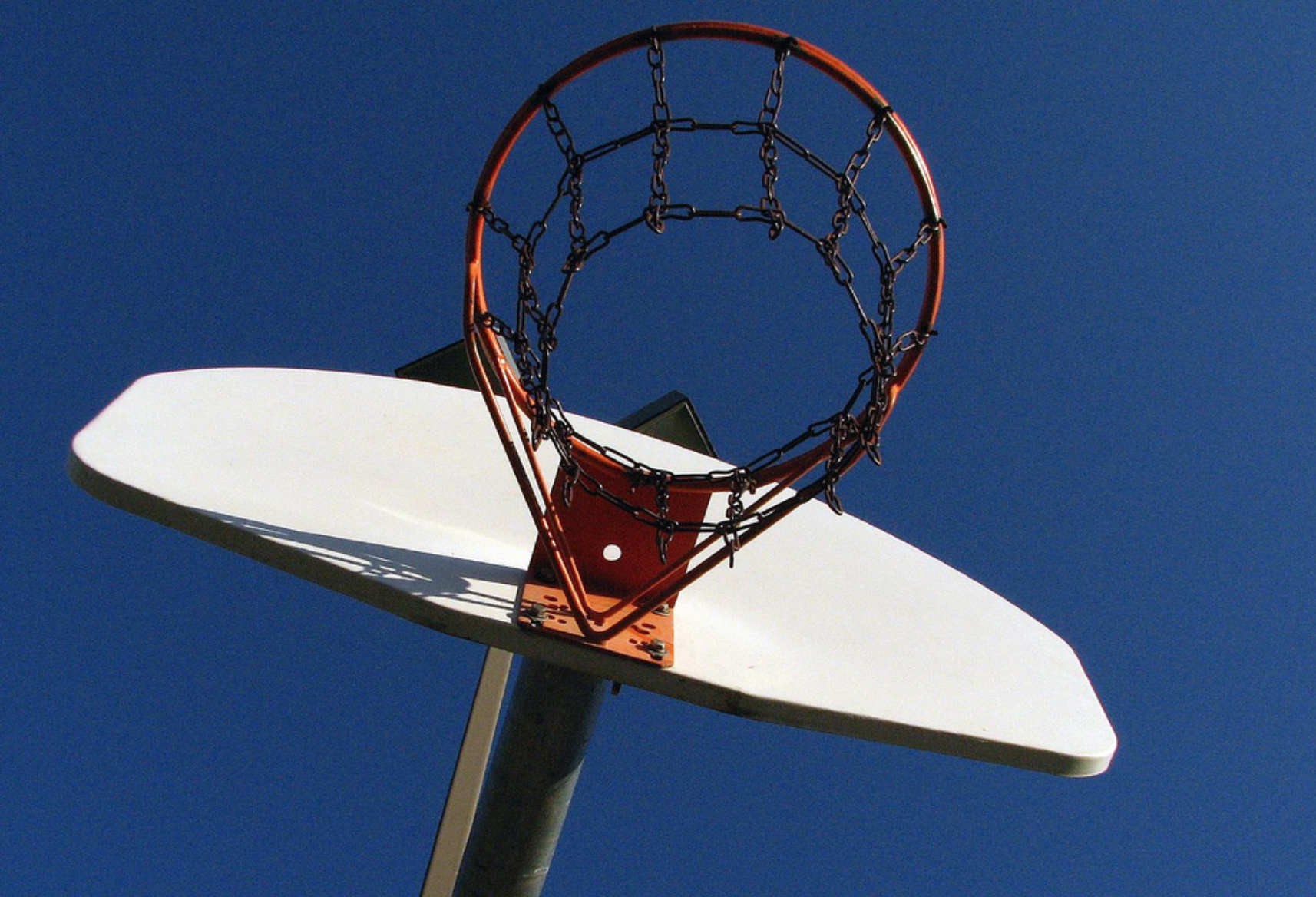Among the marks against Houston in the Trust for Public Land's latest annual ParkScore rankings is its relatively low spending per capita on parks and green space. The city spends just $38.08 per resident, according to the analysis. Overall, public parks serve roughly 49 percent of the city's population, meaning about half of the city's residents are within a 10-minute walk of a park.
Overall, Houston came in 77 out of the 100 largest cities included in the rankings. But there were other areas where Houston missed the mark.
Of the 40 possible points, the city earned just 16 for its amenities, including dog parks, restrooms and basketball hoops.

Source: Trust for Public Land.
The city has 173 basketball courts, according to the latest annual report from the parks department, which includes 63 multi-use spaces, 74 half courts and 36 full courts. That's compared to 201 tennis courts, 161 baseball and softball fields and 87 soccer fields.
Of the 100 largest cities included in the Trust for Public Land's ranking, when it came to the abundance of basketball hoops, Houston tied at 64 out of 100 with just 2.2 hoops for every 10,000 residents.
This metric is an interesting one because it involves an amenity with a particular history in public parks. Across the country, in places like Chicago and St. Louis, basketball hoops have been a reoccurring point of controversy. The hoops are often linked with crime, despite a lack of evidence, in what critics recognize as often racist efforts to remove basketball hoops, rims or backboards from public parks.
Such conversations have happened here in the Houston area, too, where residents have insisted that adding basketball hoops in a park will attract a "hardened criminal element." In nearby suburban Sugar Land in 2000, residents signed a petition asking the city to remove the basketball hoops in the only park that still had them. Online forums capture similar conversations, like a 2009 discussion about the removal of basketball hoops from a Heights-area park. And several homeowners associations and local municipalities regulate private basketball hoops on residential property.
In Houston, the actual availability of basketball hoops has dipped slightly since 2015 when the city had 2.3 basketball hoops for every 10,000 hoops, according to that year's ParkScore rankings. In 2018, Norfolk, Virginia had the most basketball hoops per capita, with 28.3 for every 10,000 people.
Using the latest rankings, the map below shows the rank and availability for every 10,000 residents in all the cities included in the analysis.

